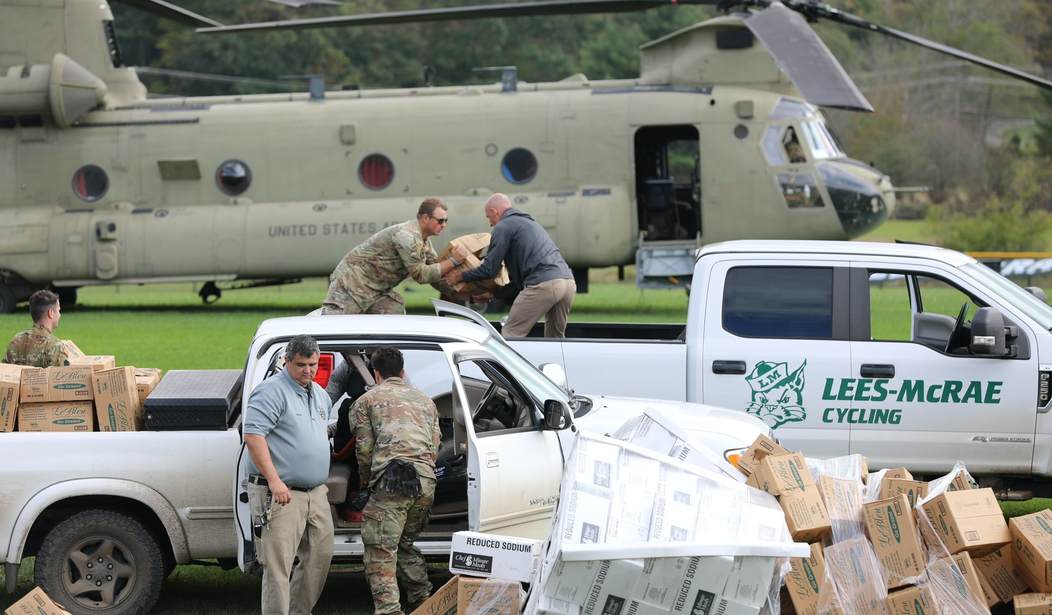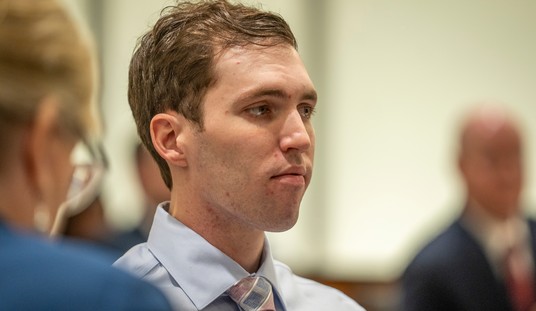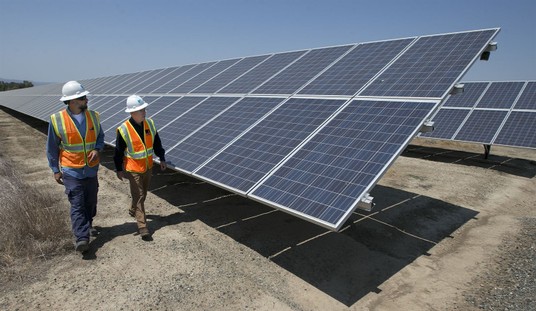Although Hurricane Helene made landfall in Florida's Big Bend area almost four days ago, recovery efforts are ongoing, with some of the worst destruction having taken place in western North Carolina.
On Monday afternoon, Governor Roy Cooper and other officials held a press conference to provide updates on the clean-up efforts.
Gov. Roy Cooper Provides Updates On The Recovery And Clean-Up Efforts In Western North Carolina Due To Helene https://t.co/40FLs9JzN6
— WCCB Charlotte's CW (@WCCBCharlotte) September 30, 2024
The above clip picks up with North Carolina Secretary of Transportation Joey Hopkins addressing the gathered press. (A longer version of the press conference may be viewed here.) Hopkins addressed the road closure situation:
Hundreds of roads across the state remain closed as of Monday, North Carolina Secretary of Transportation Joey Hopkins said. Hopkins identified I-40 as the roadway that experienced the most damage, though some 300 are closed due to damage, landslides, breaches and destroyed bridges.
The massive destruction to the roads has stranded many people in their cities without power, water or cell service to seek help or let relatives know that they are OK. Officials said the state and federal government are working around the clock to clear wreckage from the storm and encouraged anyone who doesn’t live in western North Carolina to stay out of it to allow crews to work.
“At this time, the damage is severe, and we're continuing to tell folks, ‘if you don't have a reason to be in North Carolina, do not travel on the roads of western North Carolina,’” Hopkins said. “We do not want you here. If you don't live here and you're not helping with the storm.”
Following Hopkins, Cooper addressed concerns about healthcare facilities and introduced Secretary of Health and Human Services Kody Kinsley, who spoke briefly, stating:
"We have been focused at the Department of Health and Human Services on ensuring the stability of our healthcare system here in the region. We have 22 acute care hospitals in western North Carolina. As of last night, all had had their power restored back onto the grid. All of them had generator power during the storm, so were able to continue operations in supporting their communities. And we've been in direct, near hourly, contact with those facilities to support a number of resource requests. And with support from the North Carolina National Air Guard and Emergency Management, we've been able to get food, water, fuel, and other supplies to those healthcare facilities to make sure that they stay operating."
Kinsley noted they are also working closely with skilled nursing facilities and adult care homes and working with insurers to identify patients who are at home on oxygen and other medical supplies to make sure their needs are being met. Kinsley added:
"We are so grateful for the work of FEMA, who immediately brought forth a disaster medical assistance team, on the ground, at Mission Hospital."
FEMA Administrator Deanne Criswell was also present and spoke at the press conference, who described Helene as "a historic storm, with catastrophic impacts across many communities." Criswell asserted they have resources in the area and will continue to bring them in to assist with search and rescue, medical care, and infrastructure.
The One Video People Need to See About What Is and Is Not
Going on in Western NC Post-Helene
Joe Biden Gives Absolutely Terrible Answer on Hurricane Helene Help,
and the Anger Is Palpable
According to Cooper, they knew that Helene "was going to be a significant event, and local officials told people to get out of low-lying areas." He acknowledged that there are going to be "a significant number of fatalities here — the devastation was beyond belief." He noted that this was something that had never happened before in western North Carolina.
Per Cooper and Will Ray, Director of Emergency Management, cell service providers are working to restore service with deployable assets as landslides cut main fiber lines, and some service is being restored. Ray also acknowledged the scope of the impact on the water systems in the area is significant. They are attempting to surge food and water into the affected areas as quickly as possible, including trucks of water being brought in to help the hospitals with sterilization needs.
Cooper was asked about his response to residents who don't feel the local or federal response has moved fast enough.
"So, first, people are working around the clock to provide help to them right now — food, water — working hard to make sure that we've got shelters open all across this area, and working to get power back on. When you have a situation where communities are completely cut off, when first responders can't even get in because water is still there — and rivers are rising right now, as we speak — a lot of work is done. What we want to tell people is that more help is on the way, and help is continuing. This is our main mission right now, and this is a massive, coordinated effort to help this area, both in the short term and in the long term."
RedState will continue to provide details on the recovery efforts and the storm's aftermath as they become available.














Join the conversation as a VIP Member